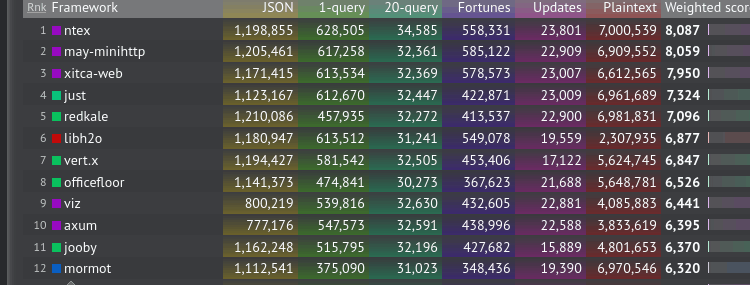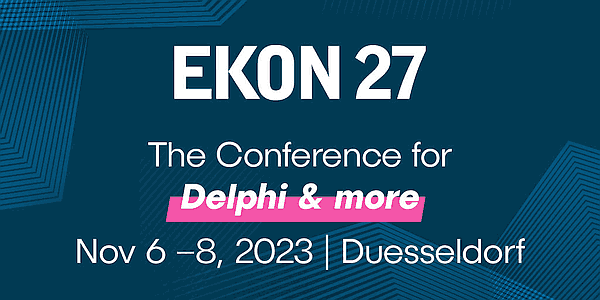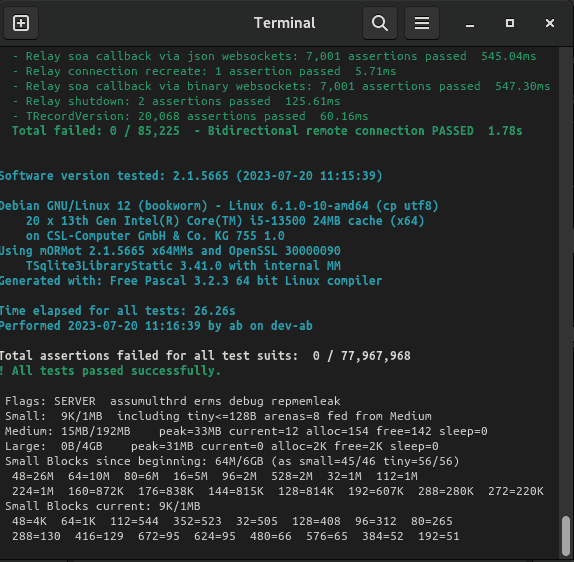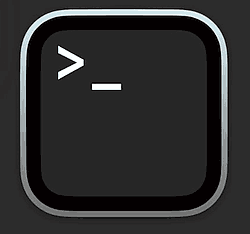
Today, almost all computer security relies on asymmetric cryptography and X.509 certificates as file or hardware modules.
And the RSA algorithm is still used to sign the vast majority of those certificates. Even if there are better options (like ECC-256), RSA-2048 seems the actual standard, at least still allowed for a few years.

So we added pure pascal RSA cryptography and X.509 certificates support in mORMot.
Last but not least, we also added Hardware Security Modules support via the PKCS#11 standard.
Until now, we were mostly relying on OpenSSL, but a native embedded solution would be smaller in code size, better for reducing dependencies, and easier to work with (especially for HSM). The main idea is to offer only safe algorithms and methods, so that you can write reliable software, even if you are no cryptographic expert.













